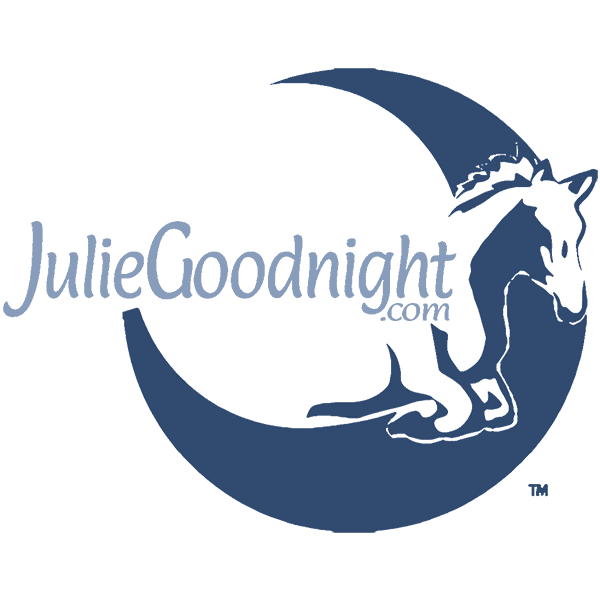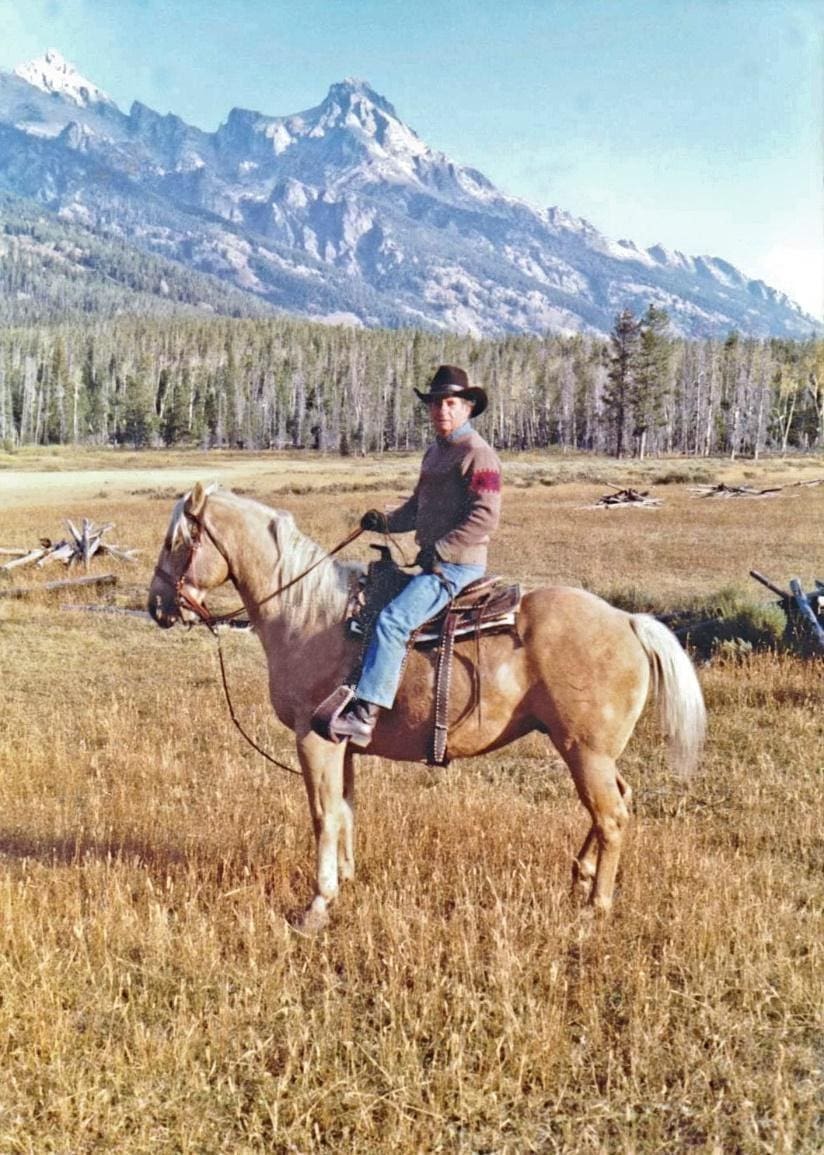Jealous Little Girl
…and jealousy. Horses are emotional animals with feelings more simplistic, but similar to humans’. Horses can certainly be jealous. Some of the behaviors you describe indicate that this horse is jealous of the attention you pay to your older horse. Horses can become very possessive over another horse and will…


